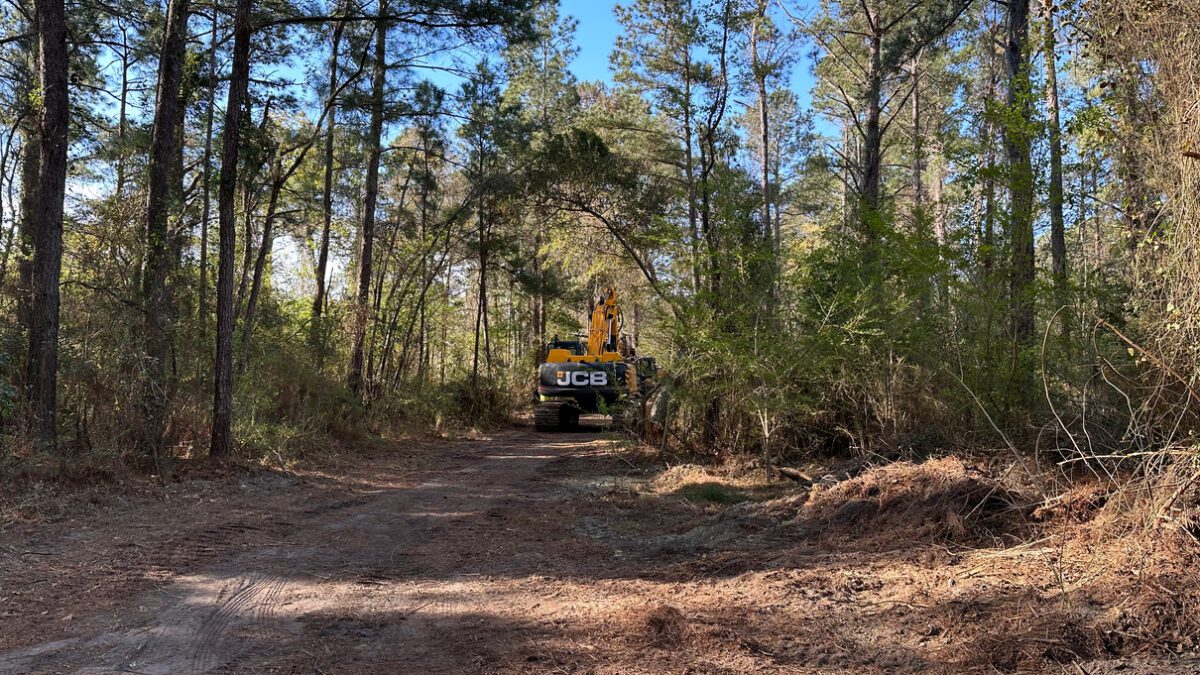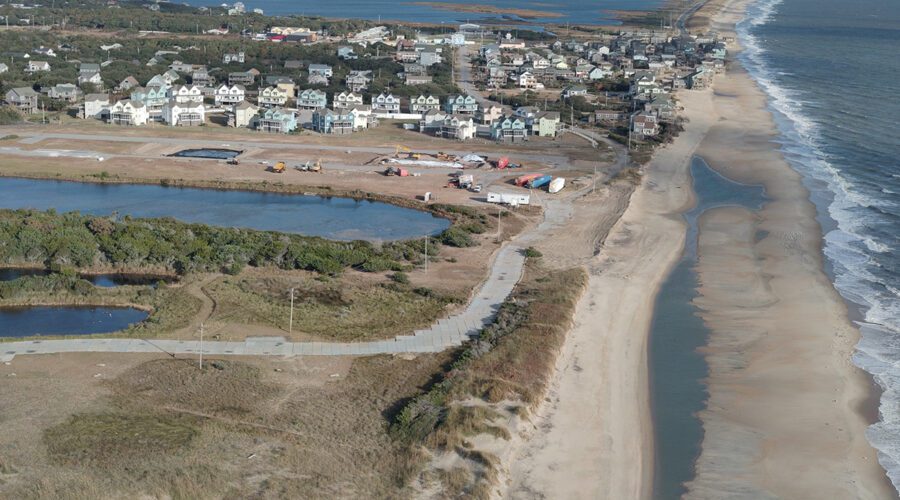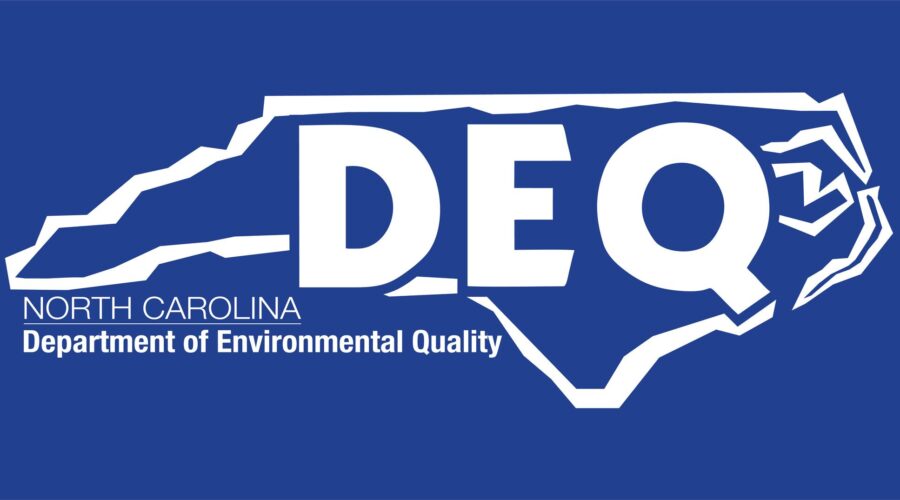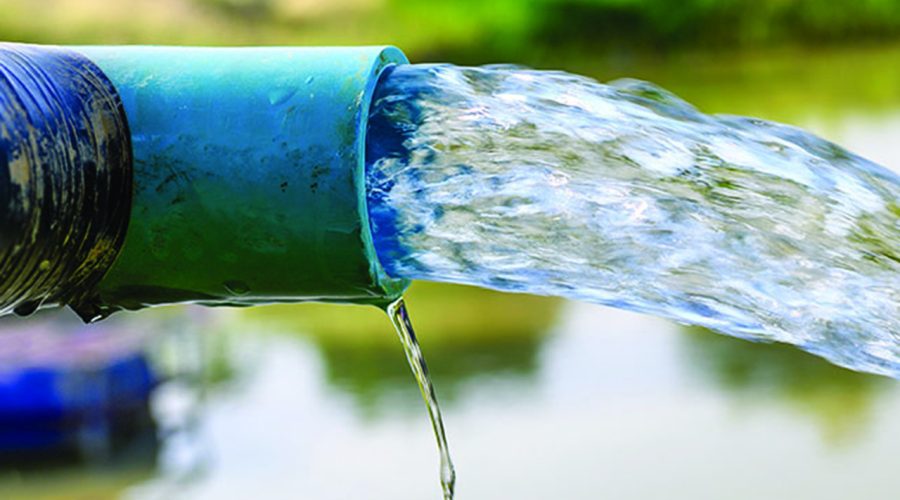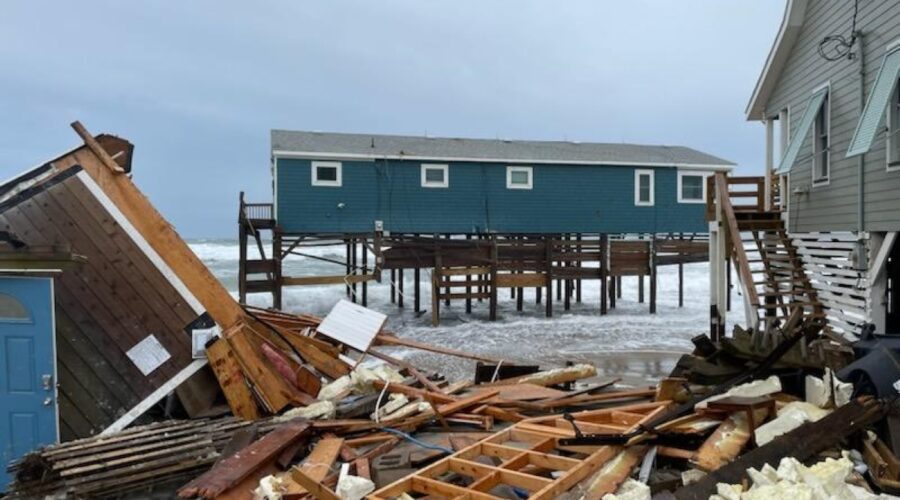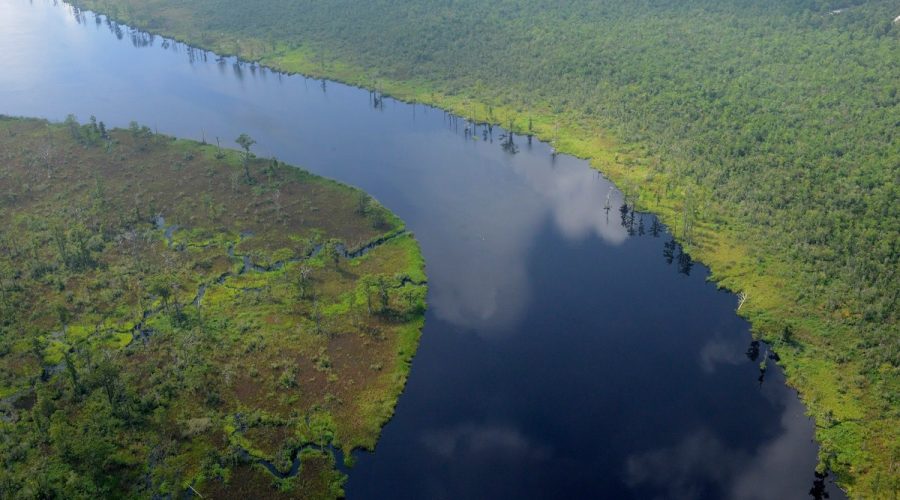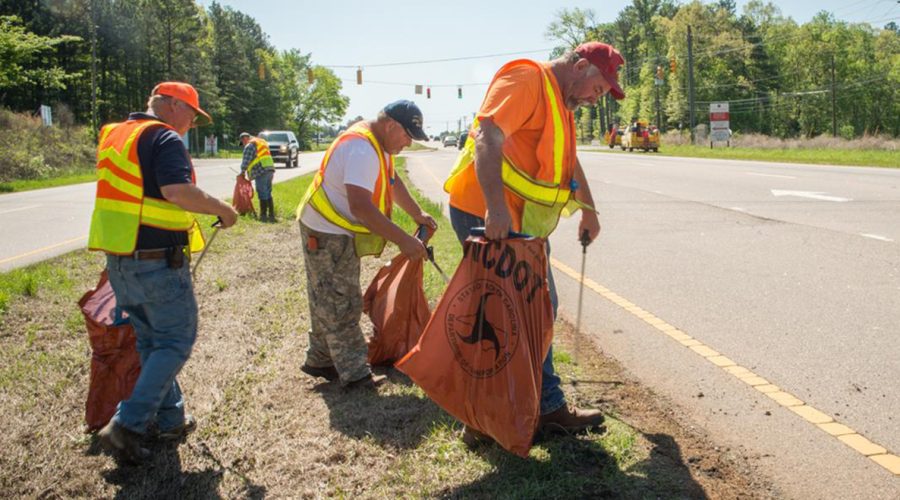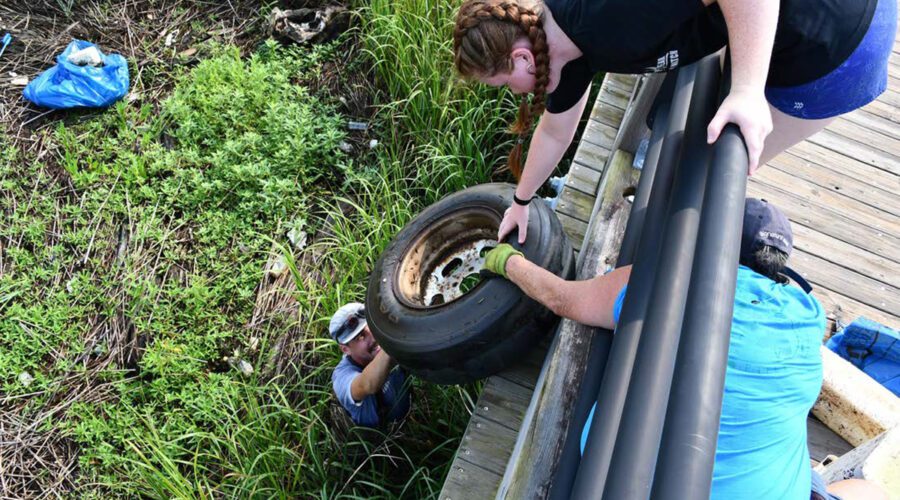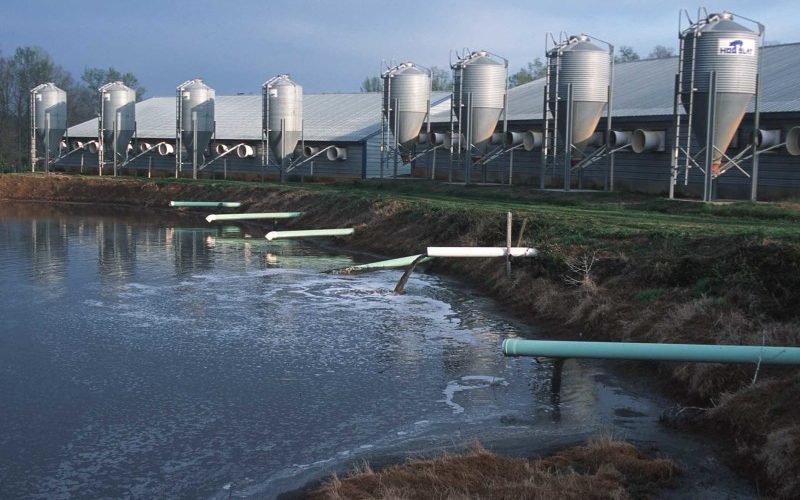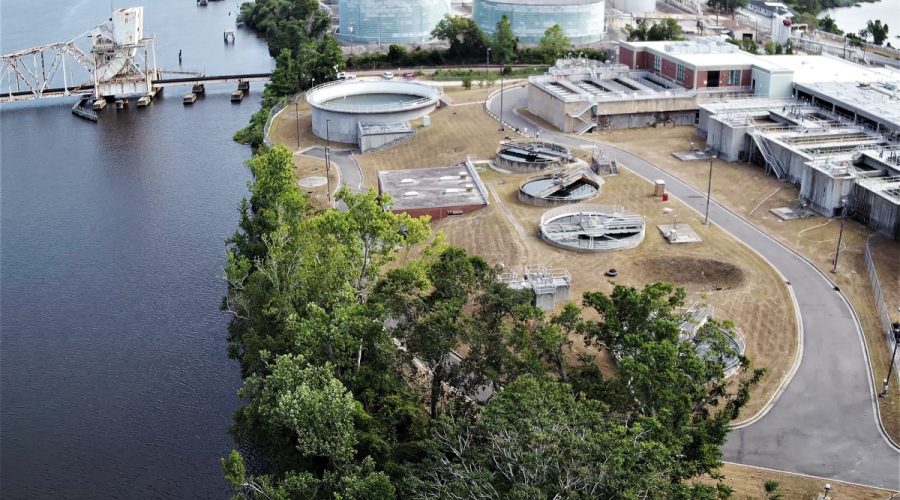Crews have found “an extensive amount” of debris, including unanticipated contamination, meaning more cleanup time is needed for a 16-acre unit of the federal Superfund site long home to a wood-treatment operation.
pollution
Buxton site restoration advisory board to meet July 17
Gayle Garland, the Corps’ project manager for the former military site at Buxton on Hatteras Island, is to provide an update on the cleanup.
Environmental Management Commission to meet July 9-10
The state commission that adopts rules to protect natural resources is expected to hear this week updates on existing measures to improve air and water quality, but the bulk of the July 9-10 meeting will concentrate on the mandated periodic review process for several existing rules.
PACT Act ignores TCE, PCE contamination on military bases
Guest commentary: With more than 620,000 veterans living in North Carolina, many likely exposed to recently banned compounds trichloroethylene and perchloroethylene while working for the military, updating the toxic agents list is essential for equal access to benefits.
Draft state rules for 1,4-dioxane, PFAS dischargers delayed
State staff need more time before presenting draft monitoring requirements for dischargers of PFAS and 1,4-dioxane for the Environmental Management Commission to consider.
Preventing Environmental Hazards Act a commonsense bill
Guest opinion by Congressman Greg Murphy: Allowing National Flood Insurance Program payouts to remove a threatened oceanfront structure before it collapses, rather than wait until it creates an environmental disaster, will add flexibility while mitigating risks.
Senate bill pushes for prohibiting, fining for balloon releases
After lobbying, letter writing, cajoling and presentations, “one-woman crusader” Debbie Swick of Southern Shores has seen her efforts to ban balloon releases become a bipartisan-supported senate bill.
Historian David Cecelski: Carolina coast still worth the fight
The recent shackling of the Environmental Protection Agency “foreshadows the breathtaking descent back into the worst days of our coastal past, when our estuaries, our beaches, our fisheries and the sources of our drinking water were a free-for-all, open to plunder, pillaging and poisoning.”
Groups move for disclosure of Chemours’ sealed documents
The advocacy organizations’ motion against the chemical company argues that unsealing the 21,000 pages of documents “will help communities understand the harm the facility has caused, and will continue to cause, to their own health, their property values, and even the lives of future generations.”
Spring cleanup: NCDOT Litter Sweep calls for volunteers
Residents are asked to help remove roadside trash as the North Carolina Department of Transportation’s Spring Litter Sweep kicks off Saturday.
Institute, visitors bureau to screen ‘Cigarette Surfboard’
The Coastal Studies Institute is partnering with the Outer Banks Visitors Bureau to host a screening of the award-winning film, “The Cigarette Surfboard,” which uses surfing as a vehicle for a message about protecting the marine environment.
State’s fix for costly litter problem ‘not efficient or sufficient’
“It’s like you’re Band-Aiding over an artery,” says Rob Clark, of Cape Fear River Watch, a coauthor of a report that found that cleaning up more than 7,000 tons of litter in North Carolina cost more than $56 million in 2023.
Water quality officials monitor weekend hog waste spill
State Division of Water Resources officials say more than 80,000 gallons of hog waste spilled into tributaries of the Northeast Cape Fear River over the weekend.
Buxton Beach is clean but advisory board sees work ahead
While the visible and odorous signs are now gone, a panel formed to oversee environmental restoration sees remaining challenges at the Cape Hatteras National Seashore site where a secret submarine survey base once operated.
Former ADI manager found guilty of discharging chemicals
A former manager at a chemical processing company in Navassa has pleaded guilty to knowingly discharging tens of thousands of gallons of chemicals directly into the Cape Fear River.
EPA to NC: Solvent discharge limits deadline ‘mandatory’
A pending lawsuit notwithstanding, the Environmental Protection Agency has put North Carolina on notice: There’s no extension of the time frames for addressing the federal agency’s objections regarding the discharge of 1,4 dioxane into waters upstream of the Cape Fear.

